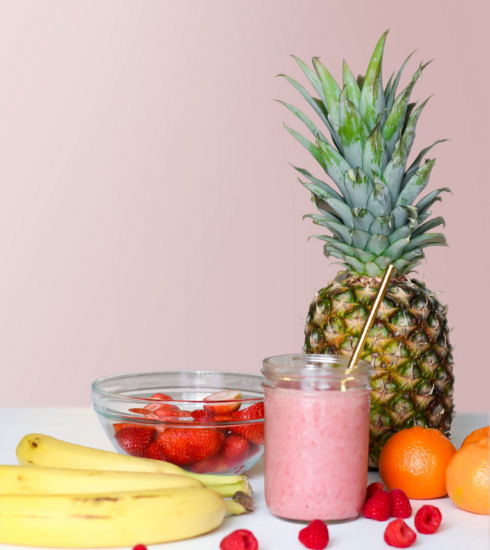Foods To Eat & Avoid For A Healthy Brain
The link between the foods we eat and our brain health is intriguing. Research shows that the state of the brain can determine the types of foods we crave while the foods we eat affect how our brains function. This is why we must mindfully choose what we put into our bodies.
What NOT to Eat For Brain Health
- Sugar: High consumption of sugar has been linked to inflammation in the brain, causing cognitive decline and memory loss. Too much sugar reduces the production of a chemical known as brain-derived neurotrophic factor (BDNF), which is responsible for memory and making new memories. Say no to candy and sugary drinks.
- Processed and fried foods: Not only can processed foods with high levels of salt increase your blood pressure and hurt your heart, but they can also impair your ability to concentrate and have been linked to anxiety and depression.
- Refined grains such as white rice or bread: These foods can cause memory loss and brain fog. Go for 100% whole grains instead.
- Artificial sweeteners: If used for an extended period of time, artificial sweeteners can cause brain damage and interfere with your cognitive capacity.

What To Eat for Brain Health
- Eat plenty of fruits and vegetables and foods rich in omega-3 fatty acids. Dark green leafy vegetables, nuts, seeds and beans also protect and nourish the brain.
- Whole grains — such as brown rice and starchy vegetables can give you energy. Quinoa, millet, beets and sweet potatoes have high nutritional value.
- Lean proteins — also lend energy that allows your body to think and react quickly. Good sources of protein include chicken, meat, fish, eggs, soybeans, nuts and seeds.
A diet such as the Mediterranean Diet is a good example of a brain-healthy diet.
Also, practice mindful eating to further improve mental clarity.
Know Diabetes by Heart™ is proud to support Check-In & Check-Up for Your Health with Sybil Wilkes.










